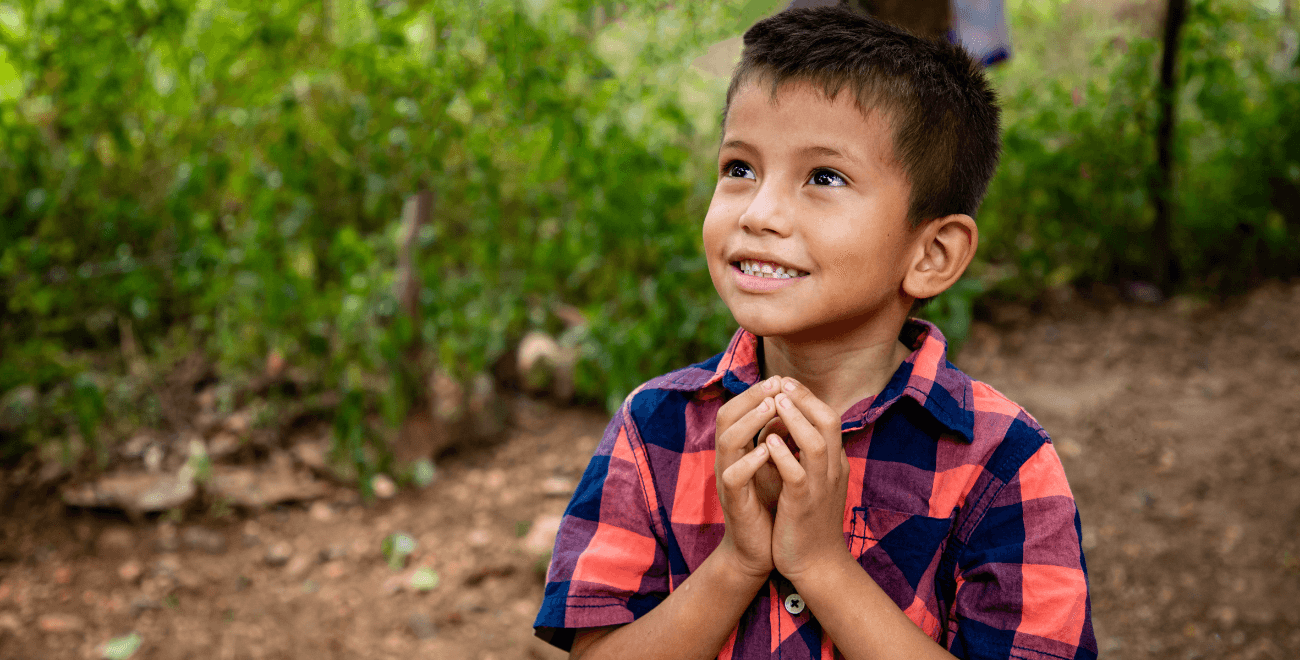Discover more
The Best We Have to Give: 11 Rights of the Child
Celebrating one hundred years of international children’s rights
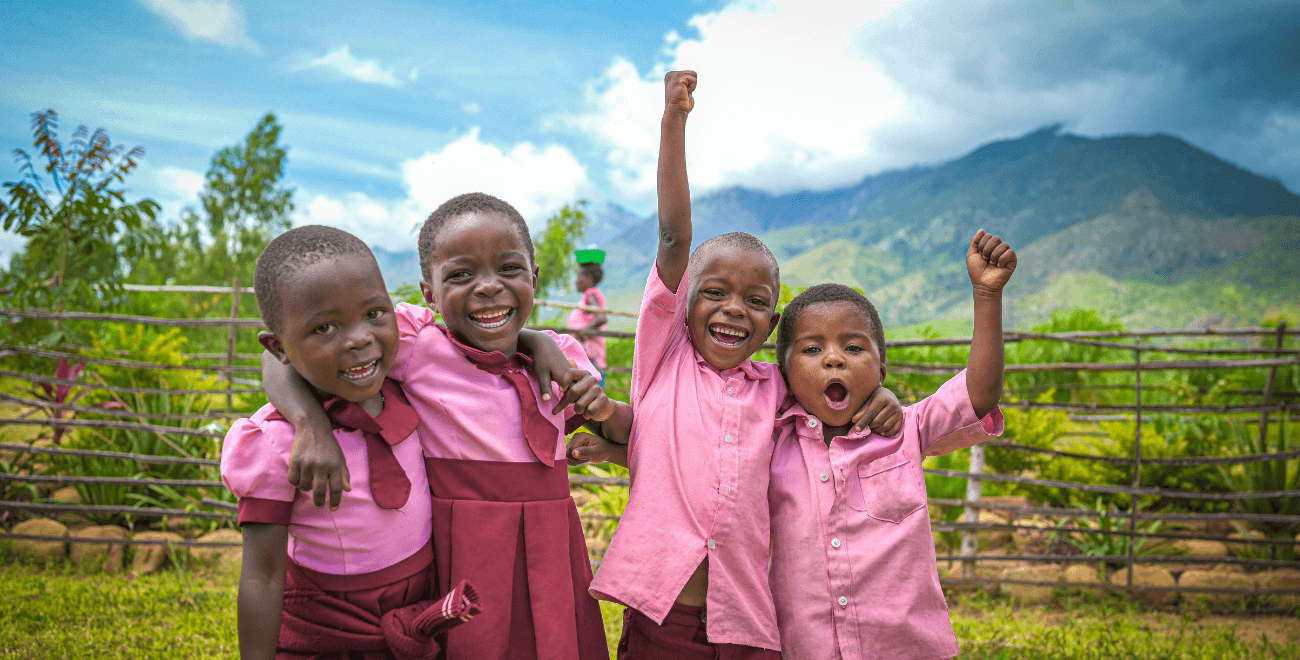
“Humanity owes to the child the best it has to give” – Geneva Declaration of the Rights of the Child, 1924
All children have a right to be protected, a right to learn, a right to play. Today, these rights are set out in an international agreement. It hasn’t always been this way.
One hundred years ago, leaders from more than 50 countries gathered in Geneva, Switzerland. Their purpose: to protect the next generation after the horrors of the First World War. One woman, Eglantyne Jebb, realised that all children needed special protection.
Together with a group of specialists, Eglantyne wrote a set of principles to support children who had lived through the war. These principles became the Geneva Declaration of the Rights of the Child. The declaration begins by saying, “Humanity owes to the child the best it has to give”.
In 1989, the United Nations Convention on the Rights of the Child defined these rights. Countries that ratify the convention enter a legally binding international agreement, which sets out the rights of a child regardless of race, nationality or abilities. Today, 196 countries have ratified the convention.
Each year, 20 November marks the Universal Day of the Child. It’s an important day for Compassion: a chance to reflect on the crucial, life-giving rights that belong to all children, and to renew our commitment to fulfil them in Jesus’ name.
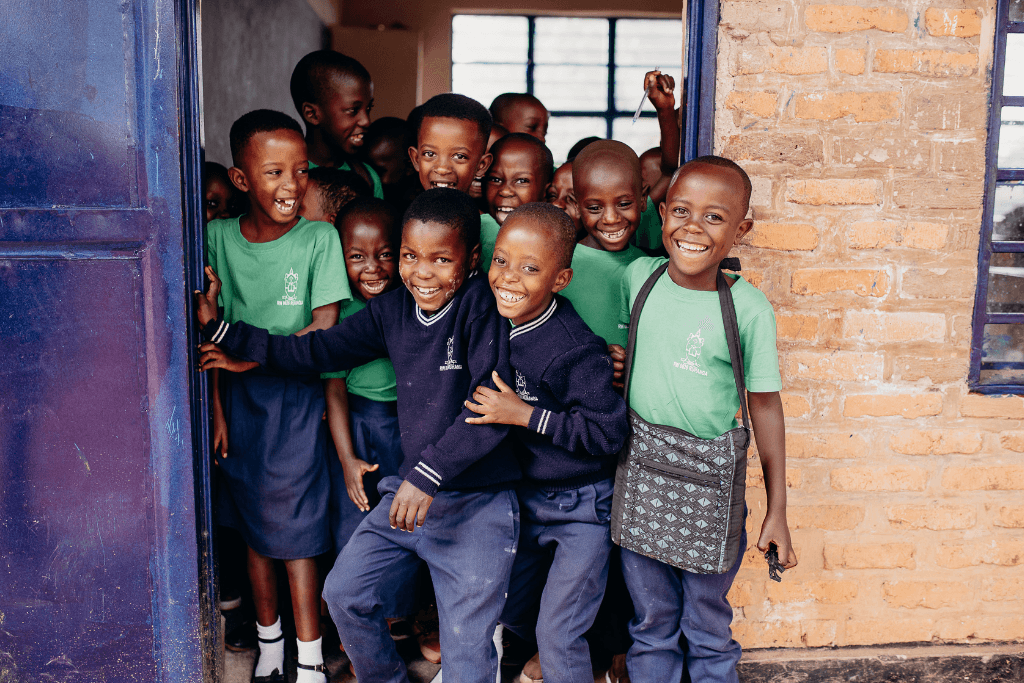
Here are 11 rights of the child that Compassion projects around the world are able to fulfil each week:
1. CHILDREN SHOULD BE PROTECTED
“Governments must do all they can to ensure that children are protected from all forms of violence, abuse, neglect and bad treatment by their parents or anyone else who looks after them.” (Article 19, United Nations Convention on the Rights of the Child )
2. CHILDREN'S BEST INTERESTS SHOULD BE A TOP PRIORITY.
“The best interests of the child must be a top priority in all decisions and actions that affect children.” (Article 3, United Nations Convention on the Rights of the Child)
3. CHILDREN SHOULD BE FREE TO EXPRESS THEMSELVES
“Every child must be free to express their thoughts and opinions and to access all kinds of information, as long as it is within the law.” (Article 13, United Nations Convention on the Rights of the Child)
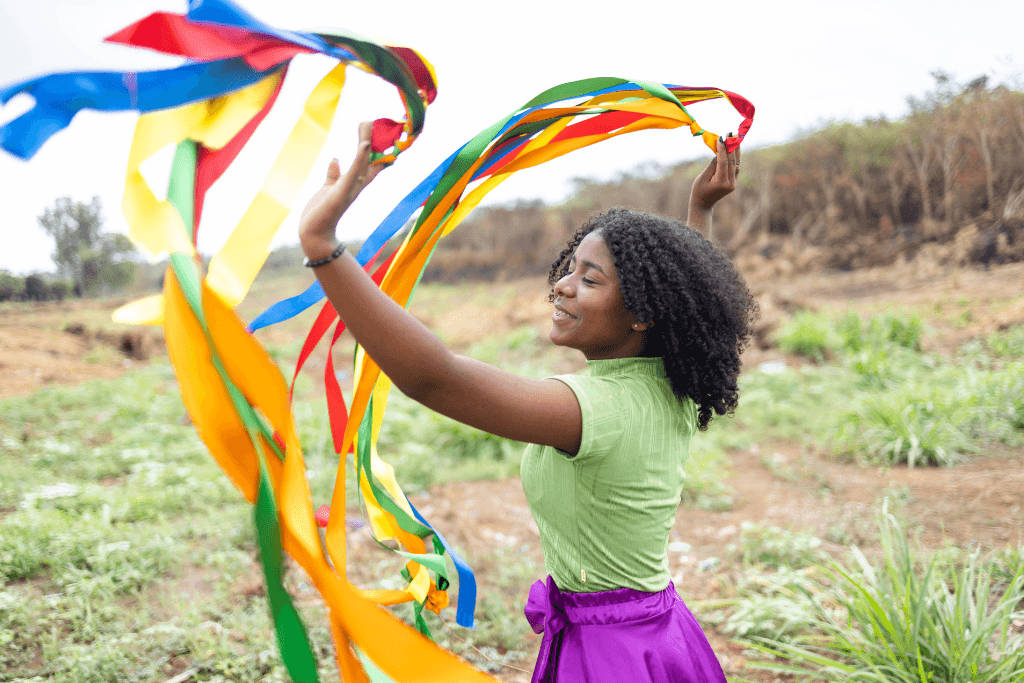
4. CHILDREN SHOULD BE FREE TO FORM AND SHARE THEIR OWN OPINIONS
“Every child has the right to express their views, feelings and wishes in all matters affecting them, and to have their views considered and taken seriously.” (Article 12, United Nations Convention on the Rights of the Child)
5. EVERY DISABLED CHILD SHOULD ENJOY A FULL LIFE
“A child with a disability has the right to live a full and decent life with dignity and, as far as possible, independence and to play an active part in the community.” (Article 23, United Nations Convention on the Rights of the Child)
6. CHILDREN HAVE A RIGHT TO A GOOD STANDARD OF LIVING
“Every child has the right to a standard of living that is good enough to meet their physical and social needs and support their development.” (Article 27, United Nations Convention on the Rights of the Child)
7. EVERY CHILD HAS RIGHT TO LEARN
“Every child has the right to an education.” (Article 28, United Nations Convention on the Rights of the Child)
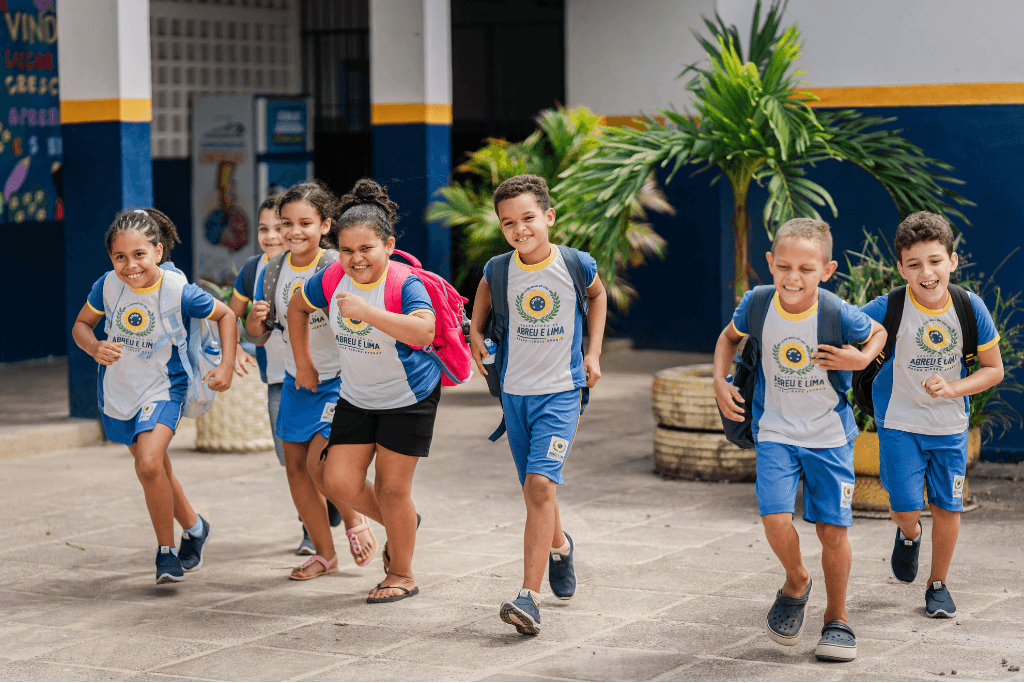
8. EVERY CHILD HAS THE RIGHT TO HELP TO RECOVED FROM TRAUMA
“Children who have experienced neglect, abuse, exploitation, torture or who are victims of war must receive special support to help them recover their health, dignity, self-respect and social life.” (Article 39, United Nations Convention on the Rights of the Child)
9. FAMILIES SHOULD BE SUPPORTED TO HELP CHILDREN DEVELOP
“Both parents share responsibility for bringing up their child and should always consider what is best for the child. Governments must support parents by creating support services for children and giving parents the help they need to raise their children.” (Article 18, United Nations Convention on the Rights of the Child)
10. EVERY CHILD HAS THE RIGHT TO PLAY
“Every child has the right to relax, play and take part in a wide range of cultural and artistic activities.” (Article 31, United Nations Convention on the Rights of the Child)
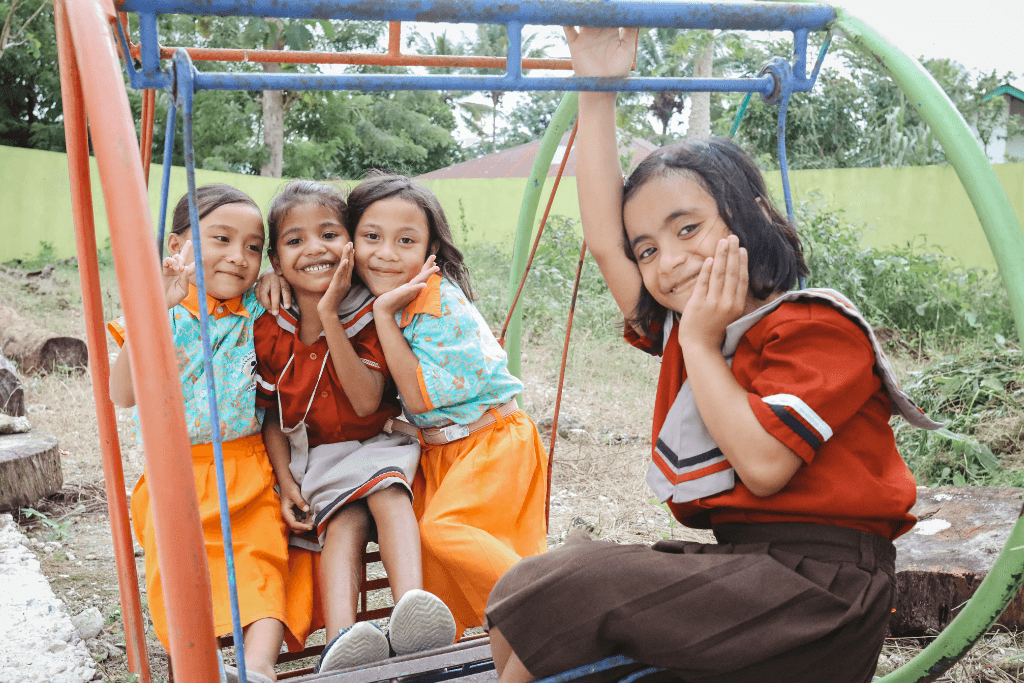
11. EVERY CHILD MUST BE FULLY EQUIPPED FOR ADULT LIFE
“Education must develop every child’s personality, talents and abilities to the full. It must encourage the child’s respect for human rights, as well as respect for their parents, their own and other cultures, and the environment.” (Article 29, United Nations Convention on the Rights of the Child)
Every week, children in Compassion projects have these rights and more protected so that they can flourish. This is made possible thanks to their generous sponsors. Sponsorship gives children opportunities to create a future free from poverty.
Words by
Compassion UK
Share:
Share:
Pray with us
Join thousands of people praying to end poverty, take action through our appeals and activities, and be inspired by how God is changing lives.
Get a little Compassion in your inbox with our Prayer and Stories email.
Remember, you can unsubscribe at any time. Please see our Privacy Policy for more information.
